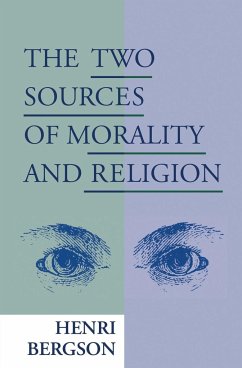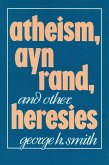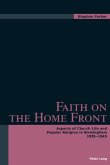Henri Bergson inquires into the nature of moral obligation, into the place of religion and the purpose it has served since primitive times, into static religion and its value in preserving man from the dangers of his own intelligence; into dynamic religion or mysticism as a means of producing man's forward leap beyond the limits of the closed society for which nature intended him and into the open society which is the brotherhood of man.









.jpg)